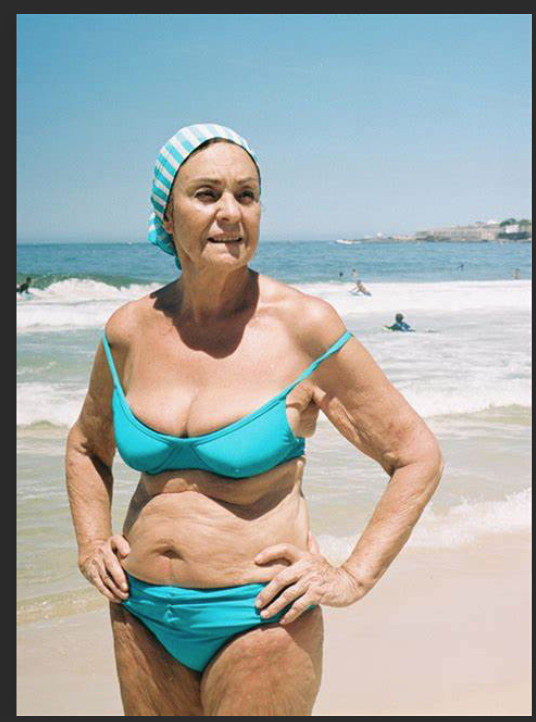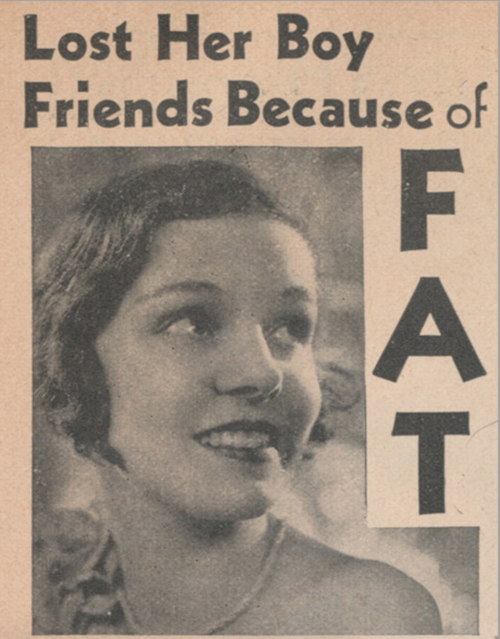Whenever I visit Western Europe I can’t help but notice how much kinder it is to the aging woman than the States are. We are bombarded by media images that equate beauty almost exclusively with a young body.
By contrast, women in Western Europe, while aware of their aging forms, don’t seem to experience body shaming to the same degree. On beaches in France and Italy I’ve seen women well into their dotage wearing bikinis, untroubled by their exposed pot- bellies and sagging boobs.
Many American women are so body shamed that they stop going to the beach when they reach a certain age because they’re embarrassed to be seen in their bathing suits.
Female body shaming is insidious in American culture.
Growing up girls feel the pressure to be thin, frequently teased if they’re not, and called names like “Tubby” or worse. In their 40s and 50s many women lament their lined faces and matronly forms, comparing themselves to celebrities their ages who have slender shapes and wrinkle-free faces. It gets worse as the decades fly by where our aging bodies conform less and less to the youthful cultural ideal.
I’m embarrassed when I see older women who are victims of body shaming: overdone plastic surgery, flashing décolletages, wearing tottering high heels and flirting girlishly. I want to shake them and say, “Embrace your older years. Be you. Screw the culture that says a woman’s worth is measured by her outward appearance.”
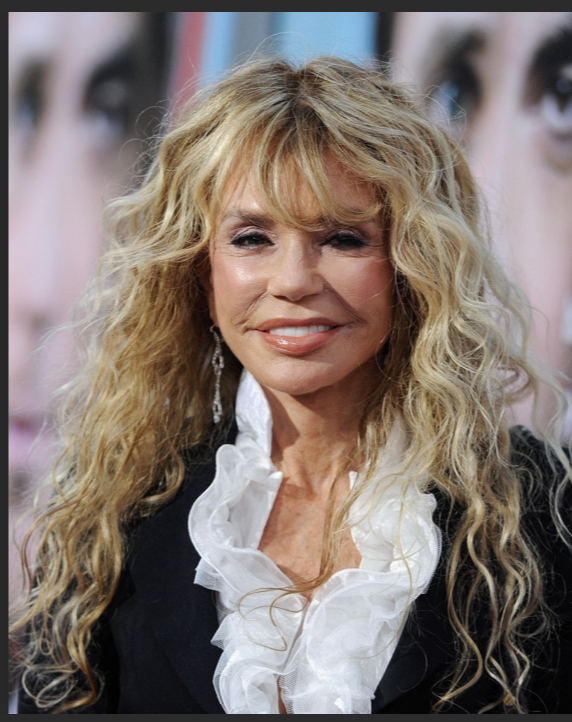
The actress Dyan Cannon, in her late 70’s, desperately trying to look young thru too much plastic surgery and a ridiculous youthful hair style
None of us has to succumb to body shaming. The first order of business is to reject the narrative that old age is the end of the line, that our older bodies define us.
We have to champion a new narrative that affirms our wisdom years and where we recognize that the beauty myth was designed to control women.
Are men afraid of the older woman’s power?
Do they resist seeing us as wise, with invaluable life experiences to share, which, if honored, would break their monopoly on elder wisdom? This is unfortunate because our elder statesmen, for the most part, are lacking in the imagination and sound leadership the world cries out for.
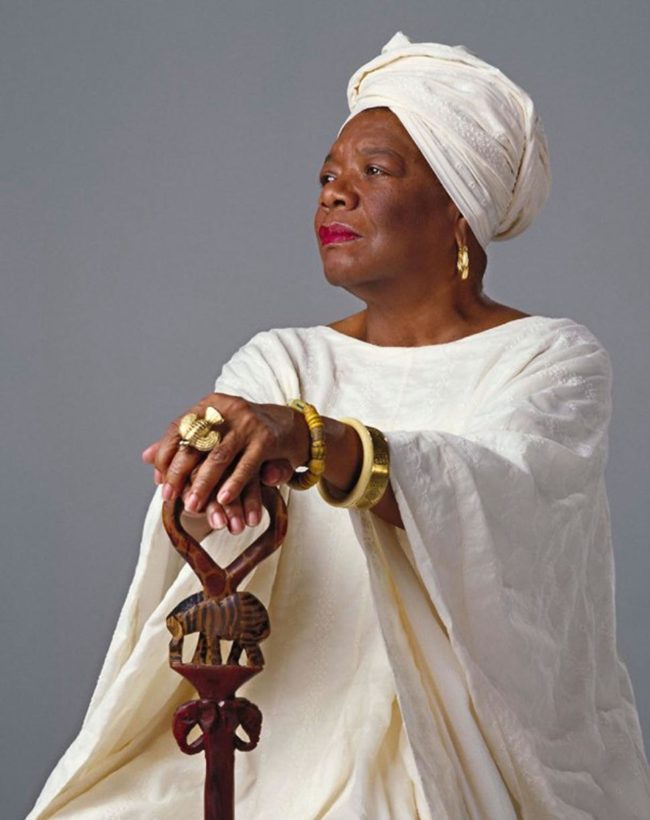
Maya Angelou, in Goddess mode, exemplifies the powerful older woman, who poses a threat to our male-dominated culture
Fighting body shaming is more successful when you have a supportive community that shares your struggle.
Ideally women across the country would gather in living rooms to support one another as they frame a new narrative of older women who reject the ageism and sexism that promotes body shaming. This model worked brilliantly in the early days of Feminism’s second wave. I was part of a 1970’s CR (consciousness raising) group. It was empowering to recognize how I had been conditioned to be less than I could be.
Older feminist scholars are embracing the charge to create a new narrative that stamps out body shaming. Lynn Segal, author of Out of Time: The Pleasures & Perils of Aging, challenges the older woman to perceive her aging image in the mirror as “protective and comforting rather than threatening.” Positive self-talk becomes essential for overcoming body shame.
Morganroth Guilette, a Brandeis professor, encourages the older woman, rather than being passive, to be prepared with responses when body shamed. For example, when called “a little old lady,” one might offer a comeback like, “I prefer to think of myself as a powerful older woman.”
As I work to overcome my body shame I’ve come to regard my less than youthful body with affection. My sagging breasts carry fond memories of nursing my children; my facial lines reflect hard won struggles; my arthritic hands lovingly connect me to my mother’s similar arthritic hands. The best part is that, as I throw off body shame, my eyes twinkle more.
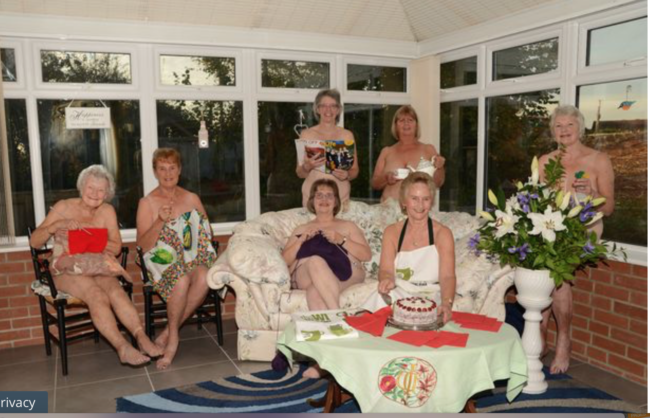
A page from a nude calendar created by the woman of Whimple, England honors the female body in all its varied forms.
